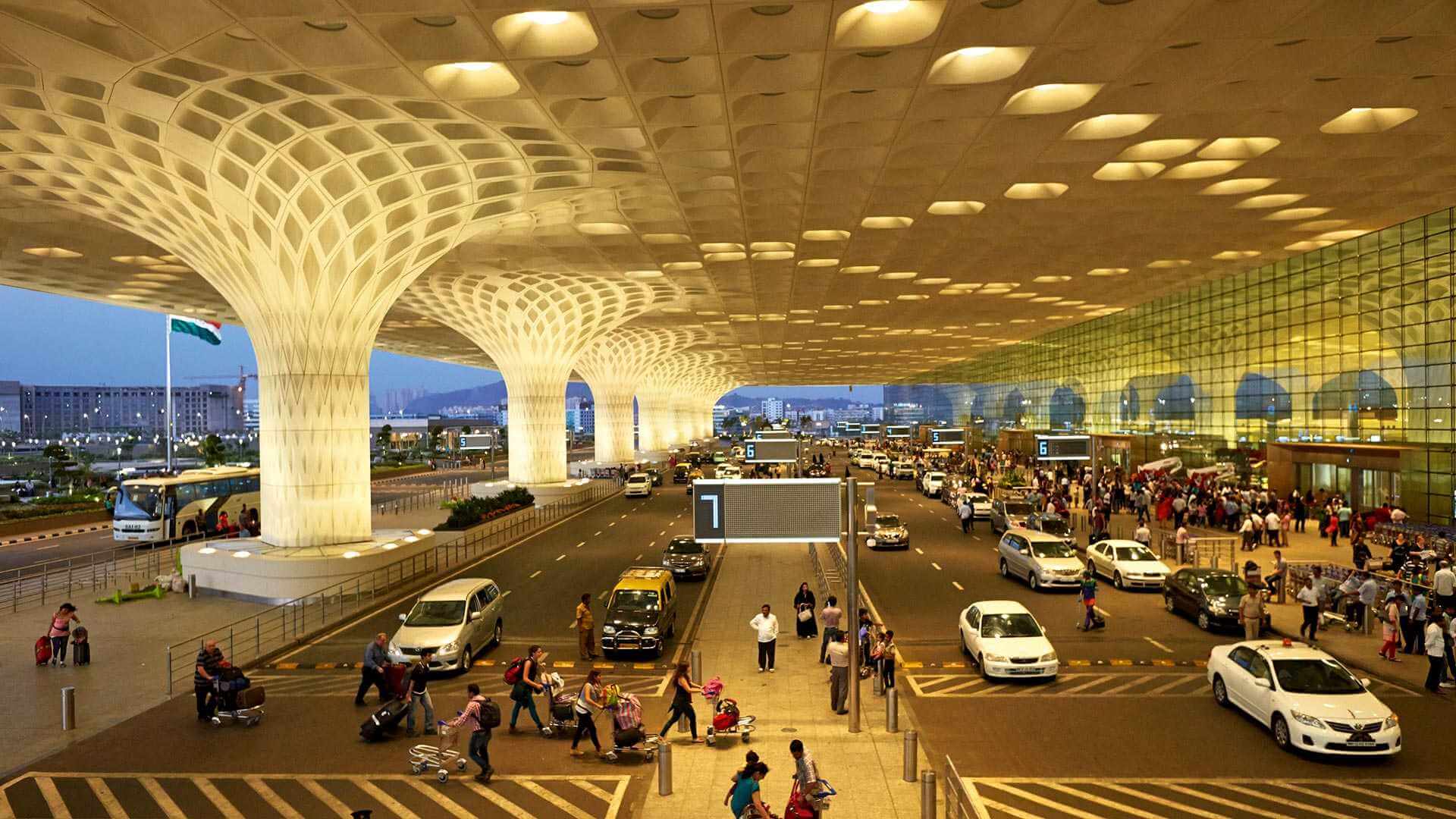If you are looking to travel to India and have a visa in advance, then read on for all the necessary information! In this article, we will outline the steps involved in getting an Indian visa, as well as provide some FAQs to help you along the way. So whether you are planning your very first trip to India or just want to stay ahead of the curve, be sure to read through this article! Indian Visa FAQ
What is an Indian Visa?
An Indian visa is a travel document issued by the Indian government to allow foreigners to enter and stay in India for a specific period of time. There are several types of Indian visas, each with its own requirements and requirements for extensions.
To get an Indian visa, you must first apply online or through the Indian embassy or consulate in your country of residence. You will need to provide your passport information, as well as some other documents (such as a copy of your visa application). The visa process can take up to six weeks from the time you submit your application.
Once you have received an approval letter from the Indian embassy or consulate, you will need to present this letter and all supporting documents when you arrive in India. If you are applying for an extension, you will need to reapply through the embassy or consulate before your original visa expires.
How to Get an Indian Visa
When traveling to India, you will need a visa in order to enter the country. There are two types of Indian visas: tourist and business. To get a tourist visa, you will need to have a valid passport and an onward ticket. You can also apply for a tourist visa at an embassy or consulate. To get a business visa, you will need to have an invitation letter from a company in India and proof of financial stability. You can also apply for a business visa at an embassy or consulate. Indian Visa Information
How Long Does it take to Get an Indian Visa?
Getting an Indian visa can be a long and tedious process, but with the right tips and guidance, it can be done quickly and easily. Here is a guide on how to get an Indian visa:
- Check if you need a visa: If you are travelling for business or tourism purposes, you will most likely require a visa. However, if you are visiting family or friends in India, you do not need one. Before travelling to India, it is important to check with the relevant embassy or consulate about your specific requirements.
- Fill out an application form: The next step is to fill out an application form. This should be done at the nearest Indian embassy or consulate. The application form will ask for your full name, date of birth, passport number, nationality and other identifying information. It is also necessary to provide proof of travel arrangements (such as tickets).
- Submit the form: Once the forms have been completed and all required documents have been submitted, the applicant will most likely need to wait for a response from the embassy or consulate. It can take up to several weeks for processing time, so patience is key when trying to obtain an Indian visa online!
- Attend an appointment: If all goes well after submitting the application form and documents, applicants will then need to attend an appointment at their local embassy or consulate where they will be interviewed and may be asked some more questions concerning their visit to India. After this interview process is
How Much is a Indian Visa?
If you want to visit India, you will need an Indian visa. Visas are not issued at the border – you must obtain a visa in advance from a travel agency or embassy. The cost of a standard Indian visa is $160. However, some special types of visas can be obtained for less.
The most common type of Indian visa is the tourist visa. This allows visitors to stay for up to 30 days and visit only certain areas of India. You must present proof of your planned itinerary and enough money to cover your expenses while in India.
If you plan to work or study in India, you will need a different type of visa. A student visa permits students to stay for up to six months and study at any school or college in India. You must have valid identification and proof of financial support from a sponsor in India. A work visa allows foreigners to work for up to one year in any field that is approved by the government of India. You must provide documentation proving your qualifications and your ability to support yourself while in India.
Most Common Reasons for Denying a Visa
Most common reasons for denying a visa are:
- Inability to prove essential travel documents, such as a passport or visa application form.
- No proof of financial stability in the event of an emergency departure from India.
- Criminal convictions that would make the applicant ineligible for a visa, such as terrorism-related convictions.
- Inability to meet health and character requirements, such as having a clean criminal record and no significant medical conditions that would preclude travel.
- Not meeting certain language qualifications for the country in which the applicant wishes to reside, work, or study.
